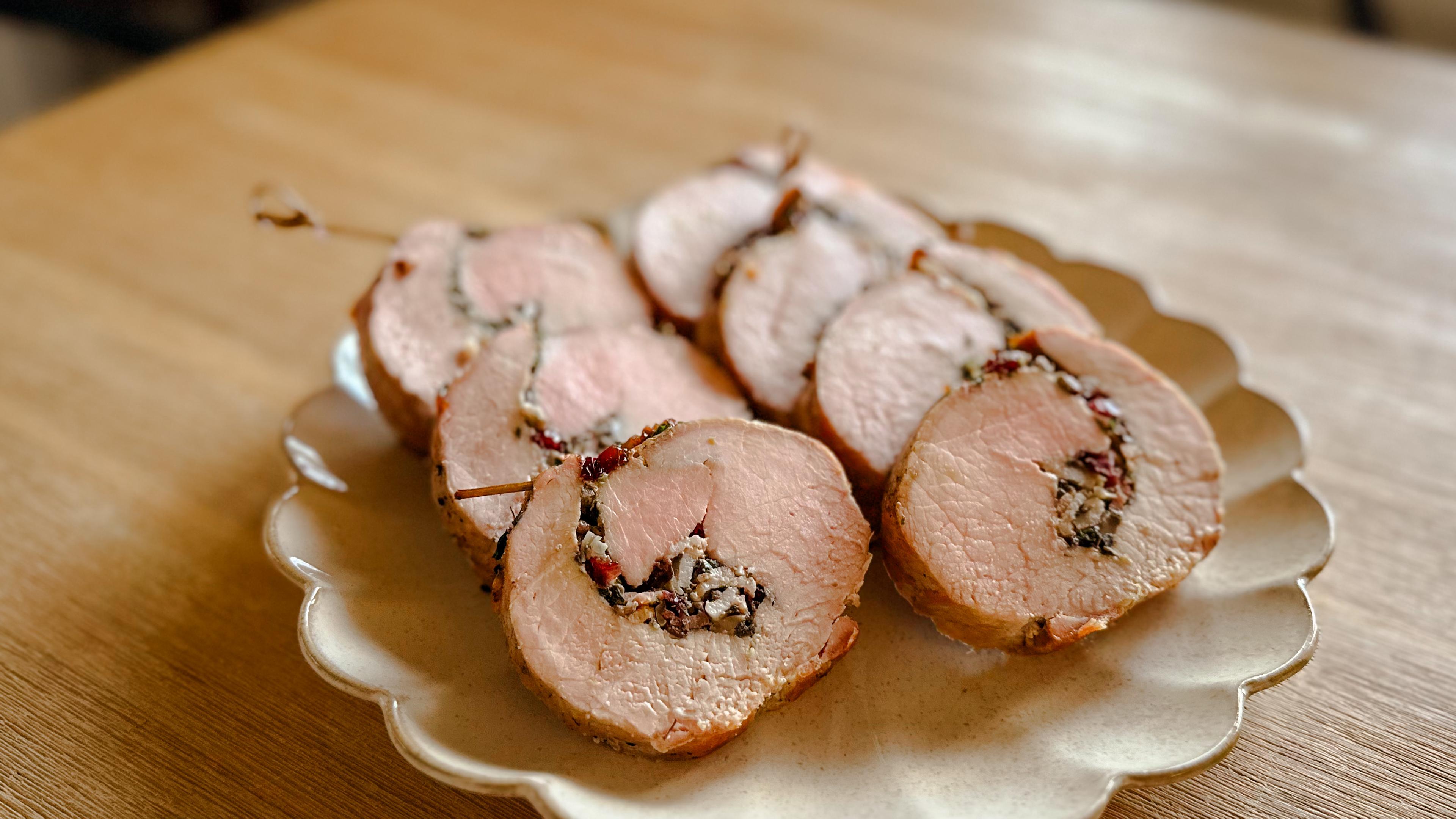A Reducetarian Diet: What to Know About Getting Started
Shandra Martinez
| 4 min read

We’re all familiar with the food lifestyles some people choose to follow, like vegetarian and vegan diets, or even long-term trends like keto or paleo diets. But how much do you know about the reducetarian eating movement? This approach to reducing the amount of overall animal products people consume is seen as an easy, flexible way to help people create a healthier diet without putting favorite foods completely out of reach. Here are a few things to know about reducetarian diets.
What is a reducetarian diet?
The key to a reducetarian diet is the word “reduce.” People who follow this lifestyle choose to reduce the amount of meat they eat – this includes red meat, pork, poultry, fish and shellfish. They also try to eat fewer eggs and less dairy products, so really any kind of animal-related products, according to the nonprofit Reducetarian Foundation. There is no one reason behind this. Some people do it for environmental reasons, hoping their choices will lessen the impact of large-scale factory farms on the environment. Others want to eat less animal protein for health reasons, opting instead for more plant-based foods. And some have political or humanitarian reasons for wanting to eat fewer animal proteins.
High marks for flexibility. Unlike some diets that ask people to cut out food groups or specific foods from their diet cold-turkey, the reducetarian movement is much more flexible. Think of it as stepping into a swimming pool slowly rather than diving in at the deep end. People are encouraged to personalize their approach and explore this eating lifestyle at their own pace. For people starting out, this may mean eating one less meal with animal protein each week. Others may switch from cream in their coffee to a plant-based milk as a first step. There is no wrong way to start reducing animal products, and no deadlines people have to meet for how quickly they decide to make changes.
Already a part of our food dynamic. The reducetarian lifestyle really just gives a name to what many people already have been trying to do for years: move away from eating so many animal-based products while purposefully trying to incorporate more vegetables, whole grains, fruits, nuts and legumes into their daily meals. For example, if you’ve ever tried the Meatless Monday trend, then you’ve already taken steps toward a reducetarian diet.
Getting Started. The Reducetarian Foundation has put together some tips for how to start reducing your reliance on animal-based products – and reasons why it’s such a good idea. We’re sharing a few of those here. To see the entire list, check their website.
- Save money: Buying plant-based foods like pasta, dried beans, lentils and rice in bulk is so much cheaper than stocking up on beef, pork and packaged meats like sausages, hot dogs and bacon each week. Even just cutting back on one or two packages of meat each week will shave a lot off your grocery bill.
- For your health: Studies have found saturated fat in animal products can increase the amount of “bad” cholesterol in the body, leading to heart disease and strokes. Reducing the amount of red and processed meat on your plate – even if it’s just by a serving or two a week to start – can improve your health.
- A slimmer waistline: Plant-based foods typically have fewer calories. So adding more fruits and vegetables to your diet won’t just make you healthier, it can help you lose weight.
- Meat on the side: One way to reduce the amount of animal-based foods in your diet is to switch meat from the starring role on your plate to the supporting role. This could mean adding some cooked chicken into your dinner-sized salad, or flavoring your vegetable soup with a small amount of meat.
Related:
Photo credit: Getty Images





